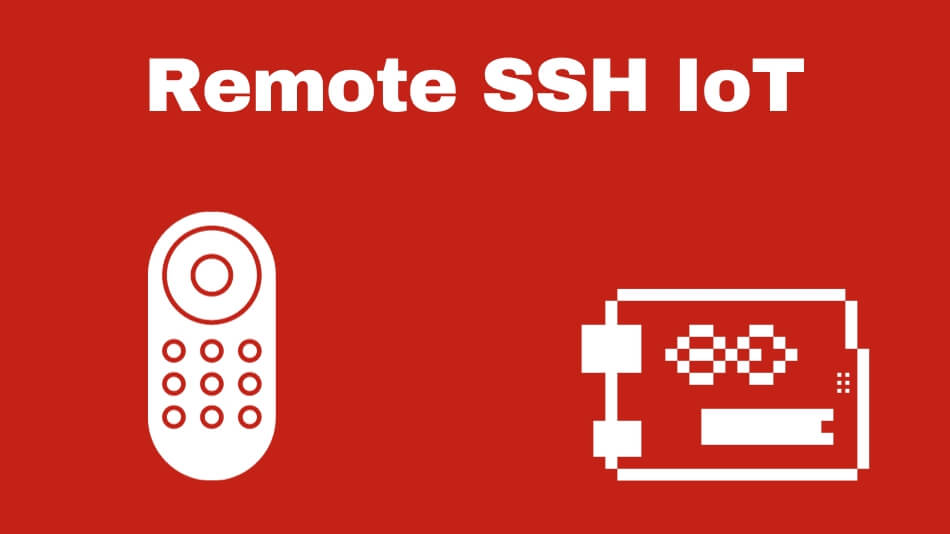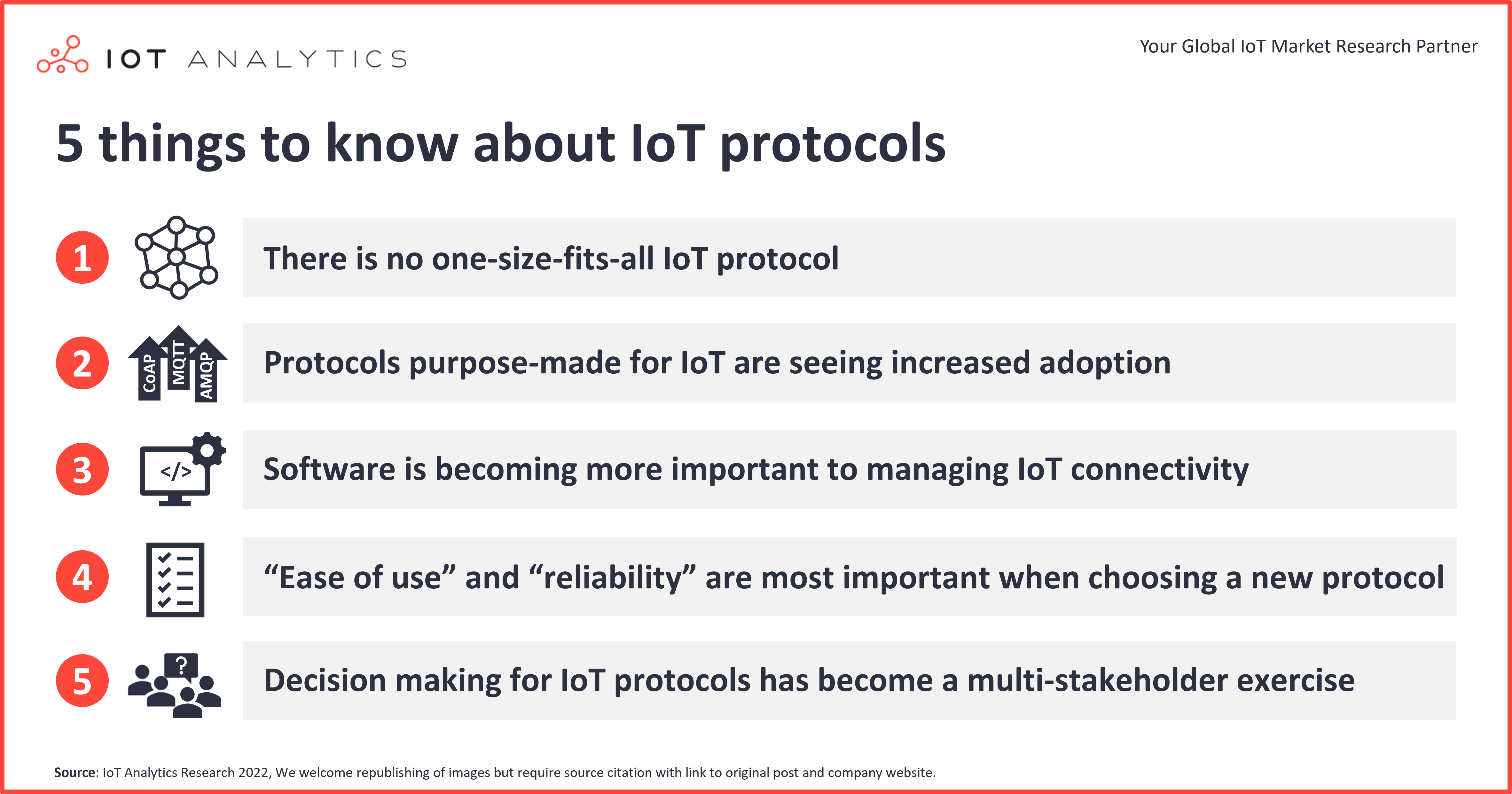Hey there, tech enthusiast! If you're diving into the world of IoT and remote management, you're in for a wild ride. The best IoT platform for remote SSH is not just about connecting devices; it's about transforming how we interact with technology. In this guide, we'll uncover the top platforms that make remote SSH a breeze, ensuring your devices are secure, reliable, and always connected. So, buckle up and let's explore the future of IoT together!
Remote SSH might sound like tech jargon, but it's actually a game-changer for anyone managing IoT devices. Imagine accessing your smart devices from anywhere in the world, troubleshooting issues in real-time, and ensuring everything runs smoothly. That's the power of remote SSH, and finding the right IoT platform to support it can be a bit overwhelming. But don't sweat it—we've got you covered.
This article isn't just another tech blog post; it's a comprehensive guide packed with insights, tips, and real-world examples. Whether you're a seasoned developer or just starting your IoT journey, you'll find something valuable here. So, let's dive into the best IoT platforms for remote SSH and discover what makes them stand out.
Table of Contents
- What is IoT?
- Remote SSH Explained
- Overview of IoT Platforms
- Top IoT Platforms for Remote SSH
- Key Features to Look For
- Comparison of IoT Platforms
- Security Considerations
- Scalability and Flexibility
- Cost Analysis
- Future Trends in IoT
- Conclusion
What is IoT?
Let's start with the basics, shall we? IoT, or the Internet of Things, is all about connecting everyday devices to the internet and each other. Think smart thermostats, security cameras, industrial sensors, and even your coffee maker. These devices collect data, communicate with each other, and often require remote management. That's where remote SSH comes in.
IoT isn't just about convenience; it's about efficiency, security, and innovation. As more devices join the IoT ecosystem, the need for robust platforms to manage them grows exponentially. And when it comes to remote SSH, you want a platform that's reliable, secure, and easy to use.
Why IoT Matters
- IoT enhances productivity by automating tasks and providing real-time data.
- It improves security by enabling remote monitoring and control.
- IoT drives innovation by creating new possibilities for businesses and consumers alike.
Remote SSH Explained
So, what exactly is remote SSH? SSH, or Secure Shell, is a protocol that allows you to securely connect to a remote device over an unsecured network. It's like having a secret tunnel that lets you access your devices from anywhere without worrying about hackers or eavesdroppers.
Remote SSH is crucial for IoT because it enables you to manage and monitor your devices without being physically present. Whether you're troubleshooting a sensor in a remote location or updating firmware on a smart device, remote SSH makes it possible.
Benefits of Remote SSH
- Enhanced security through encrypted connections.
- Convenience of managing devices from anywhere.
- Cost savings by reducing the need for on-site maintenance.
Overview of IoT Platforms
Now that we understand the importance of IoT and remote SSH, let's talk about IoT platforms. These platforms are the backbone of your IoT infrastructure, providing the tools and services you need to manage your devices effectively.
When choosing an IoT platform, consider factors like security, scalability, ease of use, and cost. The best IoT platform for remote SSH will offer robust features that support secure connections, device management, and data analytics.
Types of IoT Platforms
- Cloud-based platforms: Ideal for scalability and flexibility.
- On-premise platforms: Best for organizations with strict security requirements.
- Hybrid platforms: Combine the benefits of both cloud and on-premise solutions.
Top IoT Platforms for Remote SSH
Let's dive into the best IoT platforms that support remote SSH. These platforms are trusted by businesses and developers worldwide, offering a range of features to meet your IoT needs.
1. AWS IoT Core
AWS IoT Core is a powerful platform that supports billions of devices and trillions of messages. It offers seamless integration with other AWS services and provides robust security features for remote SSH. Whether you're managing a small fleet of devices or a large-scale IoT deployment, AWS IoT Core has got you covered.
2. Microsoft Azure IoT
Microsoft Azure IoT is another top contender in the IoT platform space. It offers a comprehensive set of tools for device management, data analytics, and remote SSH. Azure's strong security features and integration with other Microsoft services make it a popular choice for enterprises.
3. Google Cloud IoT Core
Google Cloud IoT Core is known for its scalability and ease of use. It provides a seamless experience for managing IoT devices and supports remote SSH with robust security protocols. If you're already using Google Cloud services, this platform is a natural fit.
4. IBM Watson IoT Platform
IBM Watson IoT Platform is perfect for organizations looking to leverage AI and machine learning in their IoT deployments. It offers advanced analytics and remote SSH capabilities, making it a powerful tool for managing complex IoT ecosystems.
Key Features to Look For
When evaluating IoT platforms for remote SSH, consider the following features:
- Security: Look for platforms with strong encryption and authentication protocols.
- Scalability: Ensure the platform can grow with your IoT deployment.
- Device Management: Choose a platform that offers easy-to-use tools for managing devices.
- Data Analytics: Opt for platforms that provide insights into your IoT data.
Comparison of IoT Platforms
Here's a quick comparison of the top IoT platforms for remote SSH:
| Platform | Security | Scalability | Device Management | Data Analytics |
|---|---|---|---|---|
| AWS IoT Core | Excellent | High | Advanced | Comprehensive |
| Microsoft Azure IoT | Excellent | High | Advanced | Comprehensive |
| Google Cloud IoT Core | Excellent | High | Advanced | Comprehensive |
| IBM Watson IoT Platform | Excellent | High | Advanced | Comprehensive |
Security Considerations
Security is paramount when it comes to IoT and remote SSH. You want to ensure that your devices and data are protected from unauthorized access and cyber threats. Here are some best practices:
- Use strong authentication methods like two-factor authentication.
- Encrypt all data transmissions using protocols like TLS.
- Regularly update firmware and software to patch vulnerabilities.
Scalability and Flexibility
As your IoT deployment grows, you'll need a platform that can scale with you. Look for platforms that offer flexible pricing plans and support a wide range of devices. Cloud-based platforms are often the best choice for scalability, as they can handle large volumes of data and devices without compromising performance.
Cost Analysis
Cost is always a consideration when choosing an IoT platform. While some platforms offer free tiers for small deployments, larger deployments may require significant investment. Consider the following when analyzing costs:
- Subscription fees
- Data transfer costs
- Additional services like analytics and AI
Future Trends in IoT
The IoT landscape is constantly evolving, with new trends emerging every year. Here are a few trends to watch:
- Edge computing: Processing data closer to the source for faster insights.
- 5G connectivity: Enabling faster and more reliable connections for IoT devices.
- AI and machine learning: Enhancing IoT capabilities with advanced analytics and automation.
Conclusion
Choosing the best IoT platform for remote SSH is a critical decision that can impact the success of your IoT deployment. Whether you opt for AWS IoT Core, Microsoft Azure IoT, Google Cloud IoT Core, or IBM Watson IoT Platform, ensure that the platform meets your security, scalability, and cost requirements.
Remember, the future of IoT is bright, and remote SSH is just the beginning. As technology continues to advance, the possibilities for IoT are endless. So, take the first step today and explore the best IoT platforms for remote SSH. And don't forget to share your thoughts and experiences in the comments below!
Thanks for reading, and happy IoT-ing!


